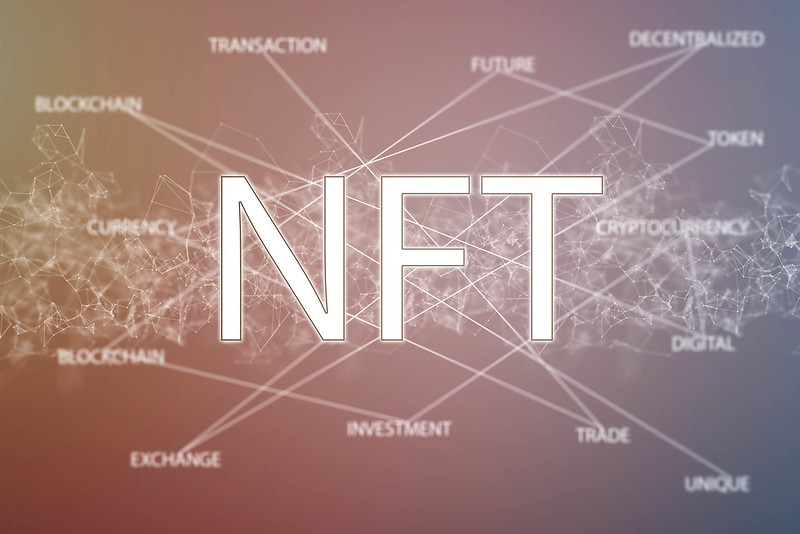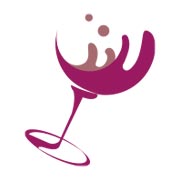NFTs, or non-fungible tokens, have been making waves in various industries, including the world of wine. But what exactly are NFTs, and how are they being used in the wine industry?
xtraWine explores the relationship between NFT and wine, the current state of the wine market, the potential impact of NFTs on the industry. We have also found some interesting examples of how wine producers and sellers are already utilising this new technology.

Explaining NFTs to the world
First, let’s take a look at the current state of the wine market.
According to a report by Vinexpo and IWSR, global wine consumption is expected to grow by 1.5% annually until 2023. Additionally, the luxury wine market is experiencing strong growth, with the fine wine segment alone predicted to reach $6.5 billion by 2022.
However, the market also faces challenges such as overproduction, price volatility, and counterfeit wines.
These digital assets, which are stored on a blockchain, can be used to authenticate and track the provenance of physical goods, including wine.
This can be especially valuable in the luxury wine market, where provenance and authenticity are key factors in determining a wine’s value. By using NFTs, buyers can be sure that they are purchasing a genuine bottle from a specific vineyard or vintage, rather than a counterfeit.
NFTs can also be used to create digital collectibles, such as virtual wine bottles or labels, that can be bought and sold just like physical wine. This opens up new opportunities for wine producers and sellers to connect with customers and build brand loyalty. This means that a wine producer could create a limited-edition NFT of a rare vintage and sell it to collectors, or a wine seller could offer exclusive virtual wine tastings to customers who purchase a certain number of NFTs.
NFTs in wine: examples from around the world
NFTs are not simply being discussed in the world of wine. In fact, they have already started to be used. That’s right.
The Napa Valley-based winery, The Winery SF is a producer of wine NFTs. In fact, they have recently launched the first NFT wine, a limited-edition bottle of Cabernet Sauvignon, which comes with a unique NFT that verifies its authenticity. The NFT also grants the owner access to exclusive virtual experiences, such as virtual tours of the winery and virtual tastings with the winemaker.
Another example is a wine trading platform, VinX, which aims to tokenize fine wine by issuing NFTs that represent ownership of physical bottles of wine stored in a bonded warehouse. This allows wine collectors to buy, sell, and trade wine in a more efficient and transparent way, and also gives them the ability to access exclusive events, such as virtual tastings or wine-pairing dinners, by using the NFT.
It’s worth noting that NFTs are still a relatively new technology and their use cases in the wine industry are still being explored. Some experts have raised concerns about the impact of NFTs on the wine market, such as the potential for price manipulation and the environmental impact of the energy-intensive blockchain technology. However, the potential benefits of NFTs for verifying provenance, combating counterfeit wines, and creating new revenue streams for wine producers and sellers cannot be ignored.
In conclusion, NFTs have the potential to revolutionise the wine industry by providing a new way for wine producers and sellers to connect with customers and build brand loyalty, as well as by providing a new way for wine collectors to verify provenance and authenticity of the wines they buy.
While the technology is still new and the wine market is still figuring out the best way to use them, NFTs have the potential to change the way we think about the wine industry. As always, it’s important to be informed, do your research and invest wisely.










